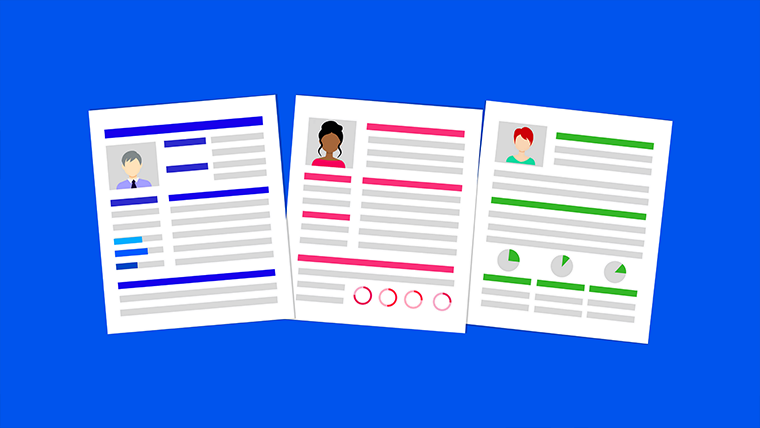
| 

Disclosure and Barring Checks, also known as CRB checks or PVG checks in Scotland, are a way of looking at whether or not candidates for a job have a criminal record. A surprisingly high number of people have had a minor brush with the law in the past. Some estimates are that up to a third of men have some sort of criminal record. Having a DBS check is something many people worry about, but that’s usually because of a misunderstanding about the process.
Is DBS standard practice?
There are three different types of DBS check. Basic checks are a confirmation of a candidate’s current, unspent criminal record. That means that crimes which were very minor or happened a long time ago won’t show up on your certificate. You’re therefore under no obligation to tell your employer anything about them. In other sectors, more detailed checks apply. Employers can’t pick and choose which sort of check they will do, as the requirements are set by the government. Usually, it’s fairly clear whether or not a DBS check applies as it will be stated in the job advertisement.
Standard and Enhanced DBS Checks
These are the more detailed types of checks which may reveal older convictions, considered forgotten under other circumstances. But that doesn’t mean that all convictions are automatically disclosed. The police have to tread the line between giving someone a second chance and protecting the people or companies they are applying to work with. The general rule of thumb is that the older and less serious the conviction, the less likely it is to be disclosed. The type of conviction is also relevant in that the police will look at the type of work the applicant will be doing, and whether the conviction is in any way related.
Employment Vetting
If you’re applying for a job which requires a DBS check, then it’s important to bear in mind that it’s just a small part of the employment vetting process. Employers will also chase up references, speak to people who you have been working for in the past, ask to see degree certificates and look at passports to confirm nationality and identity. The information provided on a DBS certificate will just be a small part of their assessment about whether you’re the right person to join their business or not. DBS checks don’t have to be “clean” in order for someone to be employed. Employers just have to prove that they’ve taken steps to minimise risks to the people they are working with. They might look at all of the information and decide that on balance, someone with a minor conviction in the past who has held down a job for the past five or ten years isn’t a risk at all.
Getting Help With Convictions
If you do have a criminal conviction and are concerned about pre-employment checks, then there’s lots of help out there. One of the best sources of information and advice is from Unlock, an ex-offenders charity. Look on their website, email them or contact the helpline for answers to specific questions.


